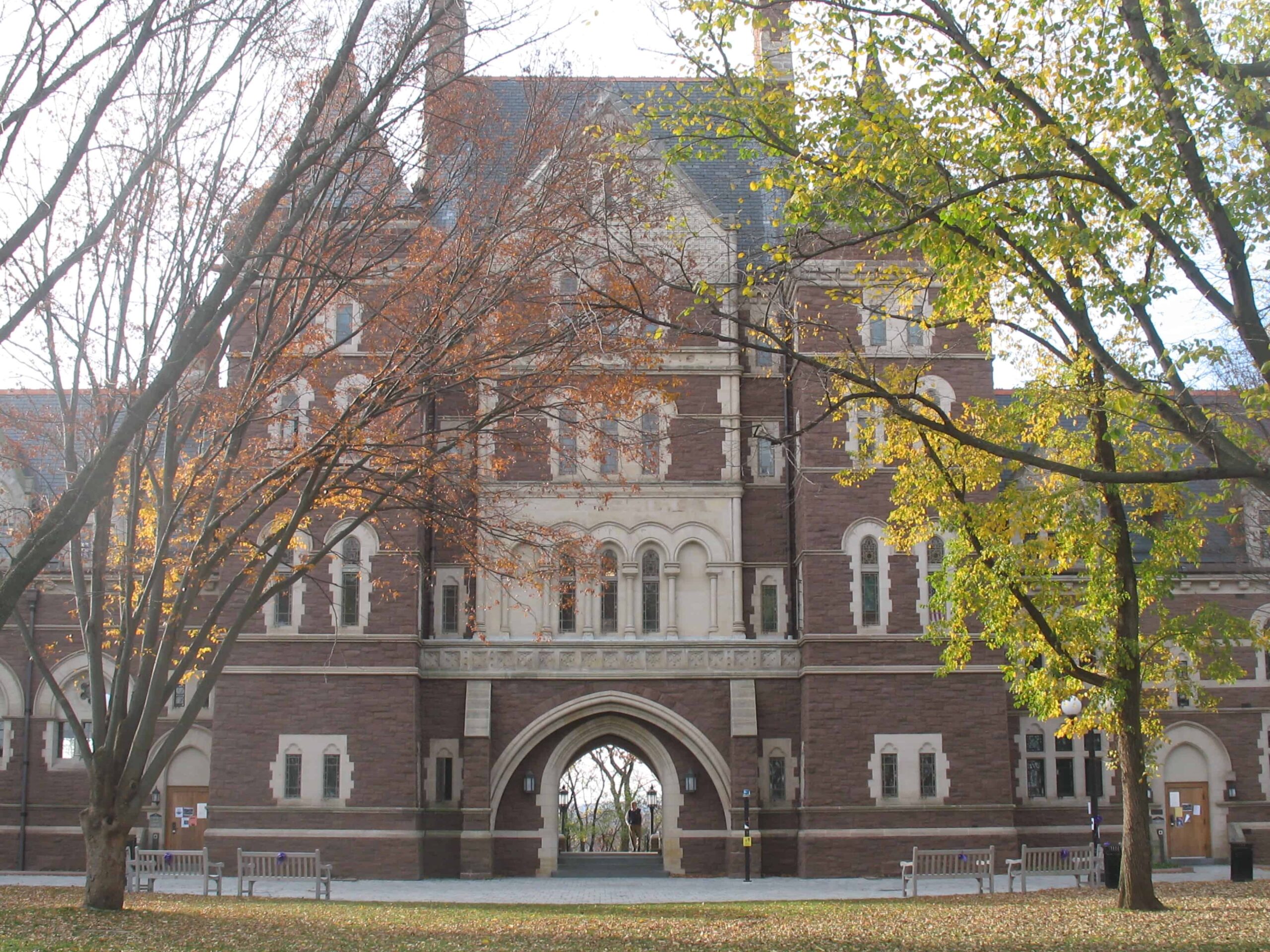Jack P. Carroll ‘24
Managing Editor
The Nondiscrimination Policy Working Group held a virtual forum on Monday, Dec. 6 to discuss revisions made to Trinity’s Interim Policy on Nondiscrimination. During the meeting, the group–which includes faculty, staff, and senior administrators–highlighted changes to the adjudication process, investigations, and appeals. The revisions follow a Mar. 15 email from General Counsel of the College Dickens Mathieu in which he publicly released the original Interim Policy on Nondiscrimination along with the Policy on Sexual Harassment.
Vice President for Diversity, Equity, and Inclusion (DEI) Anita Davis began the forum with updates to the adjudication process. She announced that the final decision in all cases will be determined by a single adjudicator–a position that will be occupied by the Assistant Vice President (AVP) for DEI. The original interim policy charged several administrators with deciding the outcomes of discrimination cases. The Associate Dean of Faculty and Development presided over disputes between faculty, the AVP for Human Resources determined claims filed by staff, and the Dean of Community Life and Standards ruled on disputes between students.
The adjudication process was the most critiqued section of the original interim policy. Davis reported that faculty members were concerned about their supervisors making decisions in discrimination cases. There were also complaints about the lack of consistency among the adjudication processes for students, faculty, and staff.
The group considered other adjudication models including a panel of adjudicators. However, the panel format was met with strong opposition from faculty, staff, and administrators alike. “I was one of the persons that was not supportive of the panel–especially as we think about adjudication for faculty matters. If we look at the makeup of those panels sometimes they’re not reflective of the broader campus community–especially because representation of our faculties still is not where we might want it to be in terms of folks from underrepresented backgrounds,” said Davis. Staff members were concerned that they would not be available to serve on these adjudicator panels.
Responding to questions from those in attendance, Davis indicated that the group has not designated a back-up adjudicator. She also clarified that–under the revised interim policy–the Title IX Coordinator and Deputy Title IX Coordinator are responsible for receiving complaints and referring them to the AVP for DEI. The College will continue to hire external investigators to investigate claims of discrimination.
Davis then addressed changes to the appeals process. The original interim policy allowed claimants to appeal on the grounds that there was “evidence of bias in the adjudication.” The revised policy has expanded this clause so that claims can be made on the grounds that there was “evidence of bias in the investigation and adjudication.” The revised policy also gives claimants more time to appeal decisions. Appeals can now be received within 10 business days of the adjudicator’s determination as opposed to five business days. “We realized that these can be really difficult experiences for everybody involved and giving some more time–we felt that was important,” said Davis.
Discussing the revised interim policy, Mathieu noted that Trinity’s nondiscrimination policies were “all over the place” up until earlier this year. He cited the presence of inconsistent policies in the employee handbook, faculty manual, and the College’s website. The lack of a uniform policy became problematic when the College applied for state grants. “We needed a policy that made sense for this institution and that was consistent with state and federal laws. I’m not sure everything that we had before was fully compliant,” said Mathieu.
The forum ended with a question from one attendee who asked whether the claimant and respondent will have access to all the information in the investigator’s report before the adjudicator makes a final decision. Mathieu responded by indicating that the investigator’s report includes a discussion of the people who were interviewed and the documents that were reviewed. However, Mathieu noted that he is not aware of any discussion that this process would involve providing verbatim transcripts of witness interviews to the main parties in a case.







+ There are no comments
Add yours